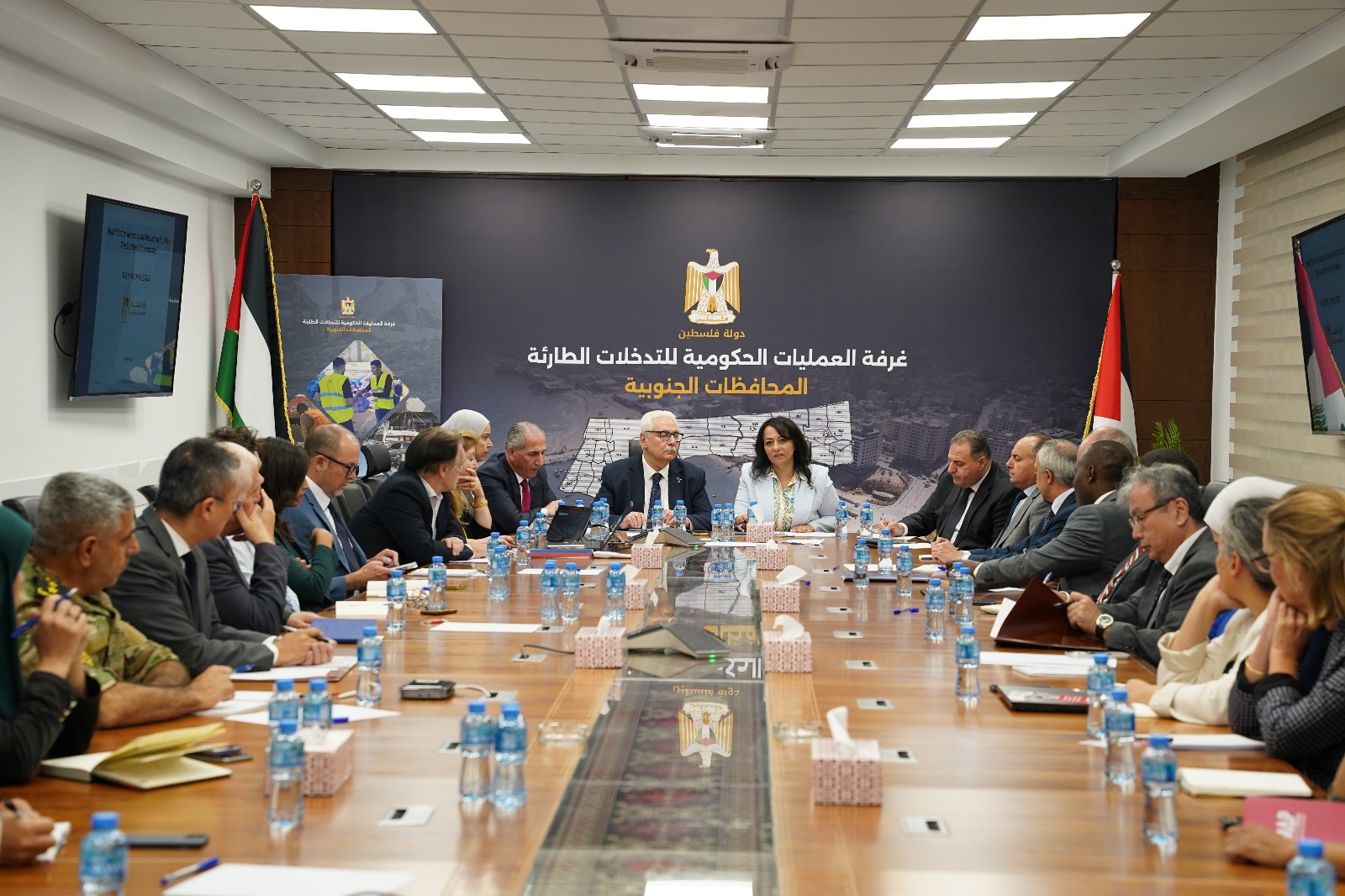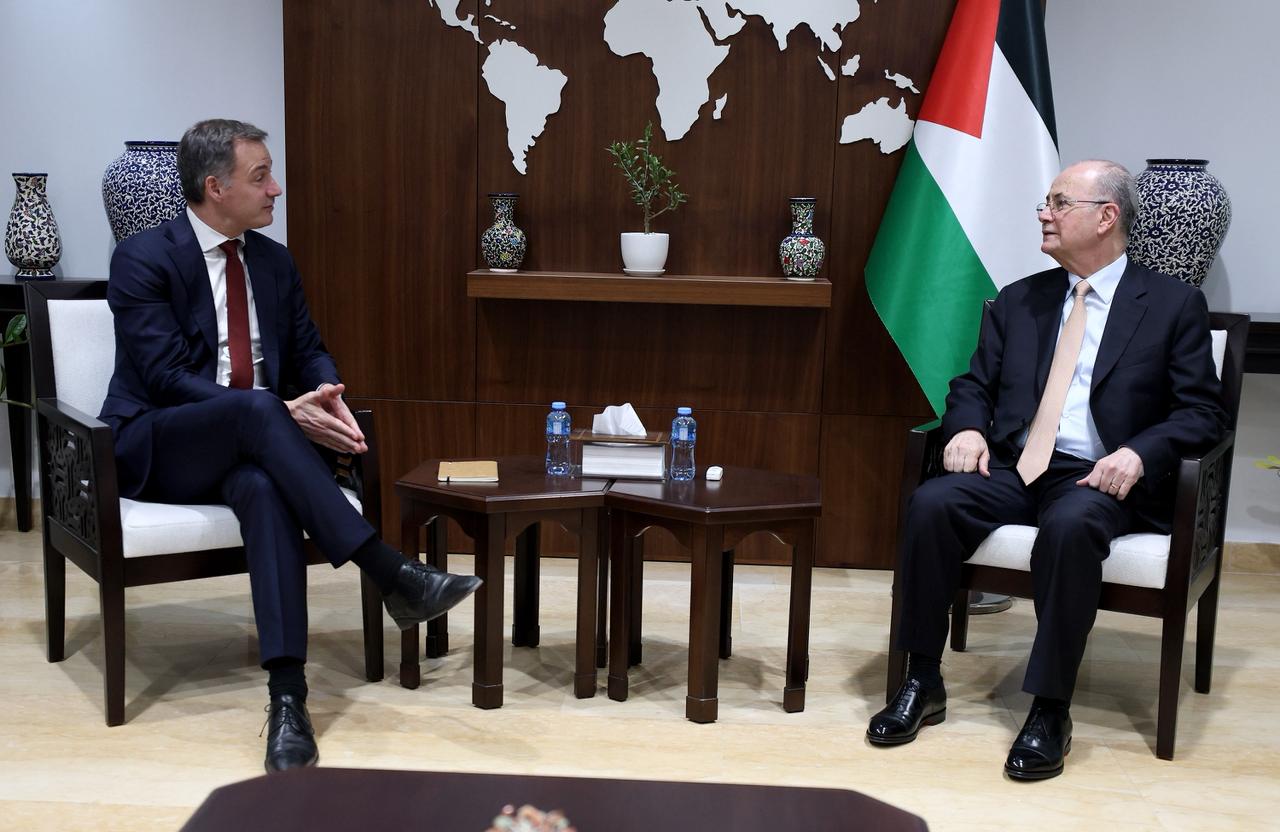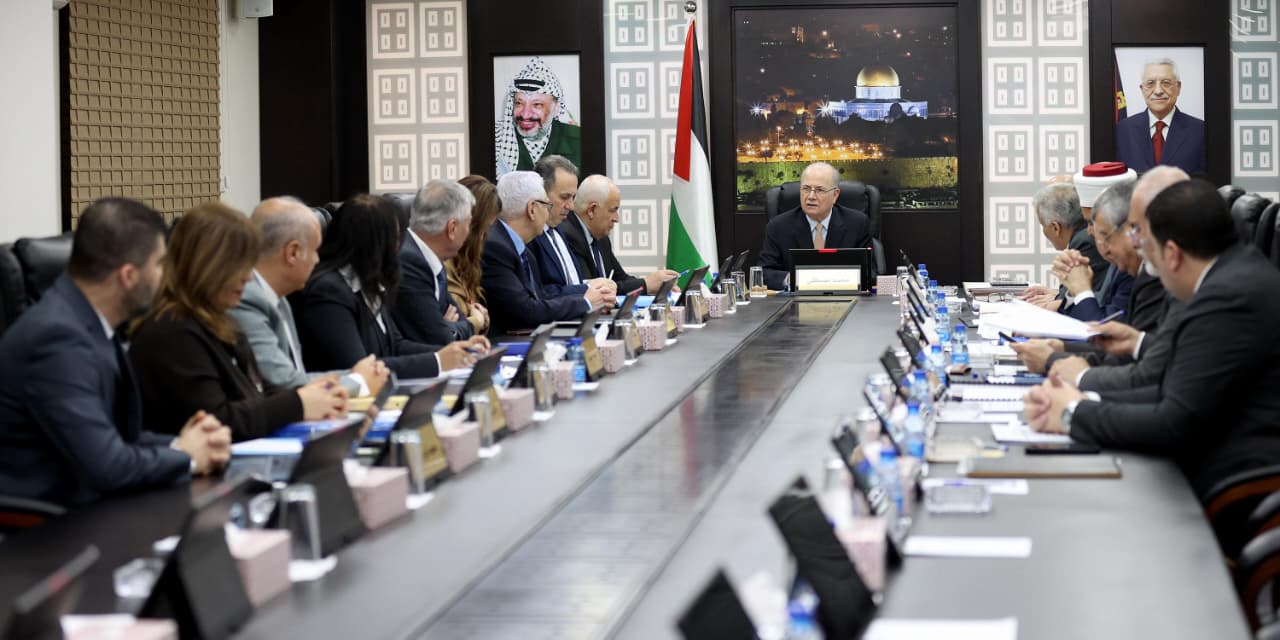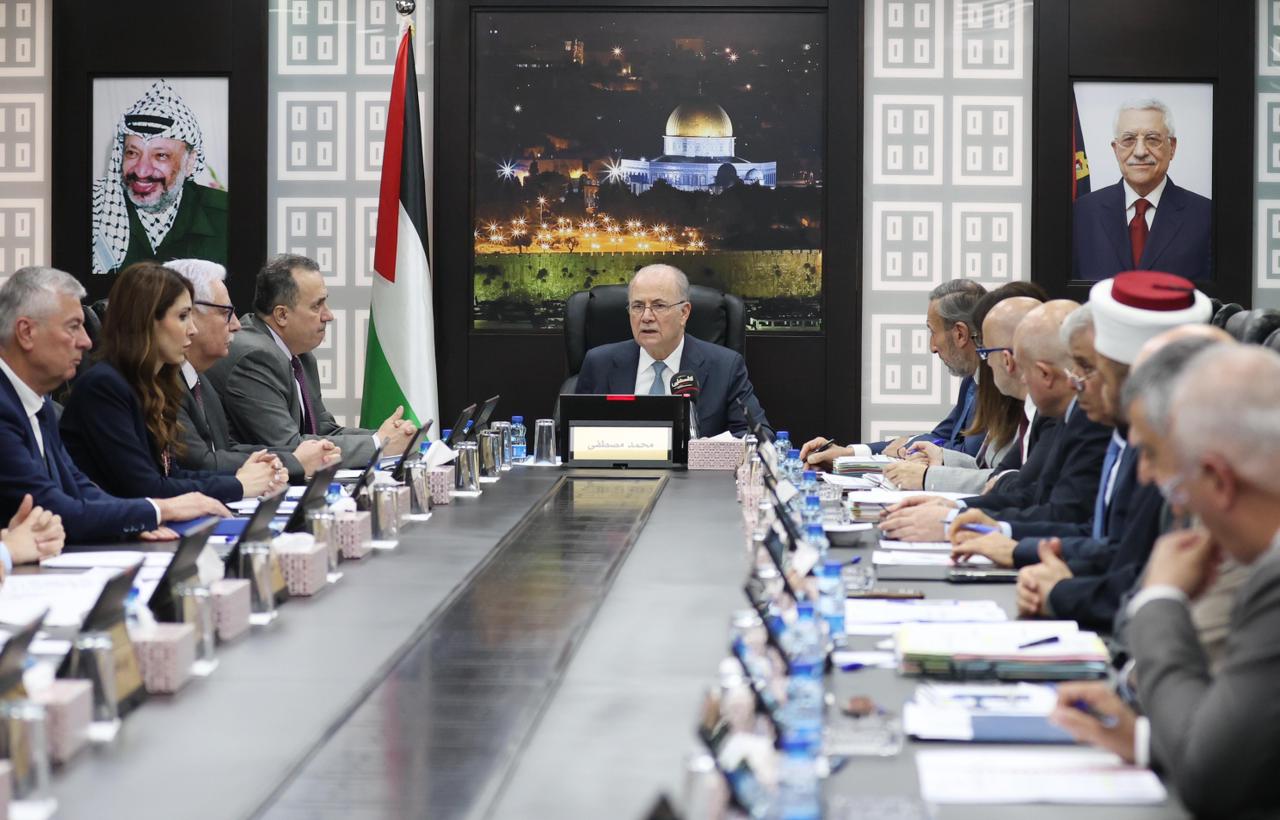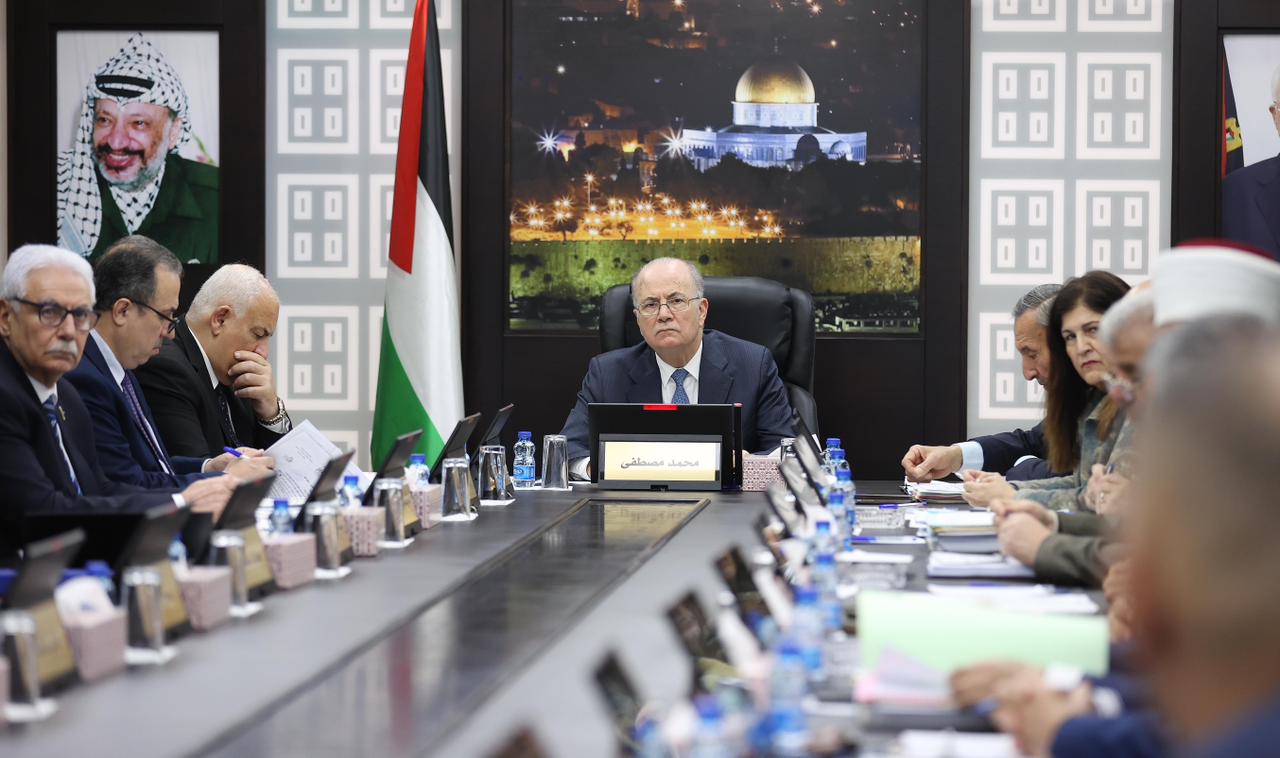RAMALLAH, October 28, 2025 (WAFA) – Minister of Health Majed Abu Ramadan presented the Health Sector Relief and Early Recovery Plan for Gaza during a meeting of the Government Operations Room for Emergency Interventions in the Southern Governorates (Gaza Strip), held under the chairmanship of Samah Hamad.
The meeting was attended by Issam Bdour, Ambassador of the Hashemite Kingdom of Jordan to Palestine; Ihab Suleiman, Ambassador of the Arab Republic of Egypt; ARAIKI Katsuhiko, Representative of Japan to Palestine; Domenico Bellato, Consul General of Italy; Ismail Kubanoglu, Consul General of Turkey; Richard Peeperkorn, Head of the World Health Organization Office in Palestine; as well as representatives of UN agencies, international organizations, and donor partners.
Minister Abu Ramadan reviewed the relief and early recovery plan of the health sector in the Gaza Strip, outlining the severe challenges facing Gaza’s health sector. He noted that the total cost of recovery and reconstruction is estimated at USD 7.9 billion.
Abu Ramadan highlighted that only 14 out of 36 hospitals remain partially functional due to widespread destruction and acute shortages of medicines and medical supplies. Additionally, 90% of water and sanitation facilities have been destroyed, worsening health conditions and contributing to the spread of diseases and malnutrition amid the widespread famine.
The plan is structured around four key pillars:
▪︎ Primary Healthcare Development (USD 1.8 billion): Establishment of new health centers and mobile clinics.
▪︎ Hospital Reconstruction and Expansion (USD 4.8 billion): Rebuilding and upgrading hospitals, including Al-Shifa, Nasser, Al-Nasr, the European, Al-Aqsa, and Indonesian hospitals.
▪︎ Public, Community, and Mental Health Programs Enhancement (USD 1 billion): Strengthening programs to address psychosocial needs and community health services.
▪︎ Governance, Workforce Development, and Capacity Building (USD 300 million): Enhancing administrative efficiency, training medical personnel, and improving institutional resilience.
Abu Ramadan emphasized that the Ministry, in coordination with international partners, is actively operating field hospitals and mobile clinics to provide urgent health services. He called on the international community to immediately lift restrictions on the entry of medical equipment, construction materials, and essential medicines into Gaza.
He further stressed the urgent need to permit medical evacuations to hospitals in the West Bank, including East Jerusalem, to provide life-saving care for thousands of patients who currently lack access to adequate treatment within Gaza.
K.T




